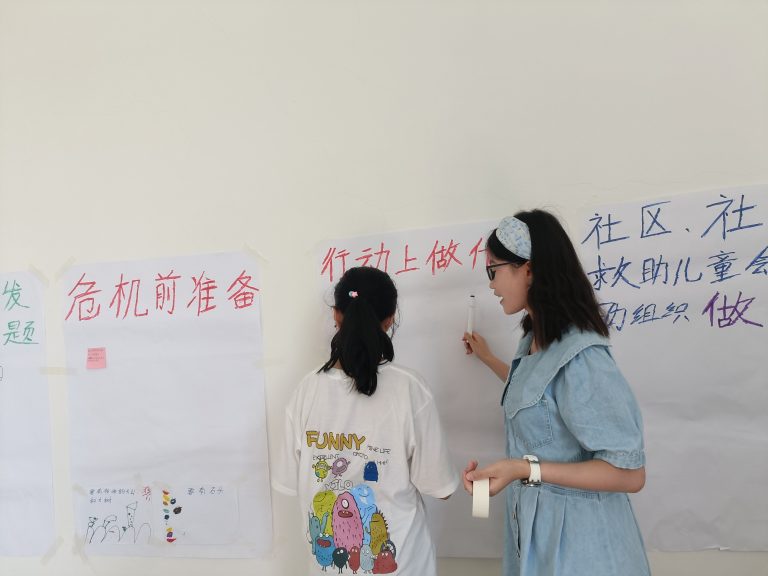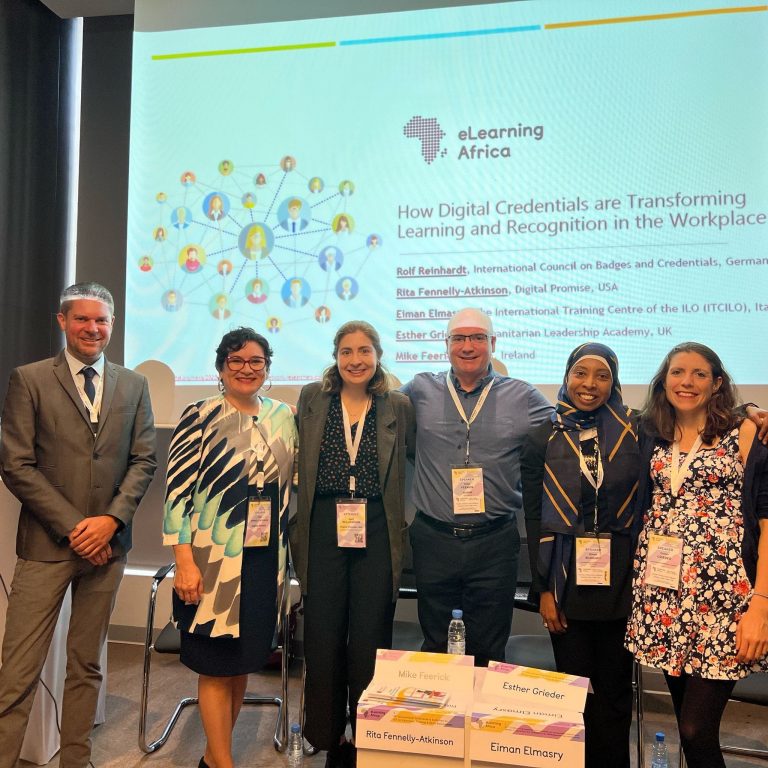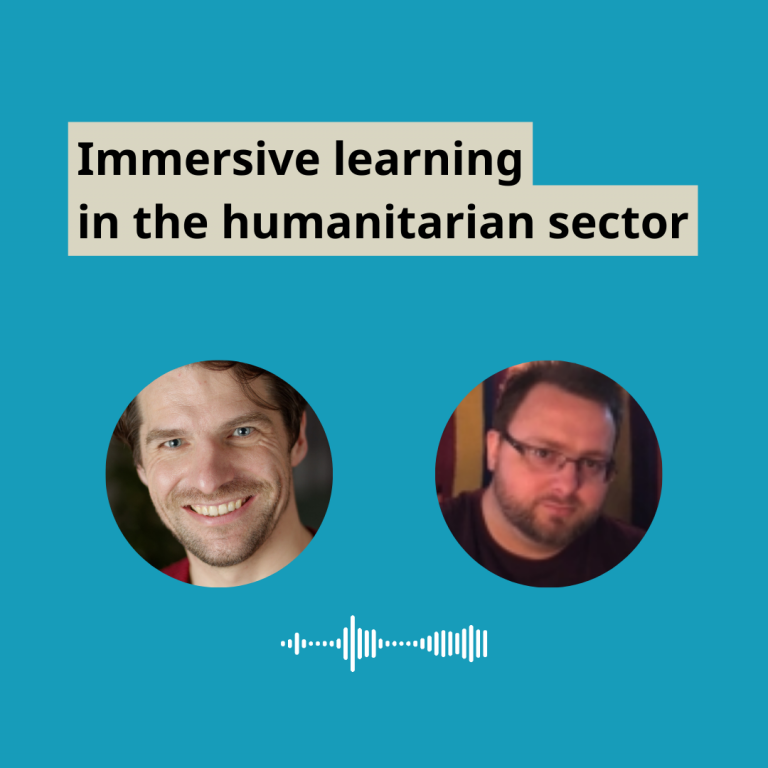27th July 2022
Reflections on the Meta Changemakers Summit
This summit presented an immersive glimpse into our digital landscape. One where augmented reality avatars pop up to greet you, where the new quick-media-age of storytelling is presented in 20 second videos and one where you have the freedom to build your own peaceful environment. Is there more to the enticing promises of the metaverse and how can it be applied to the humanitarian or charitable sector?
Let’s start with the basics; augmented reality and virtual reality offer immersive options for all sectors, we’ve seen virtual concerts, games, museum tours and even open houses in this medium for quite some time. There are clearly different offers on the table, from one side you have augmented reality scenarios for learning such as; virtually building a car or conducting a medical procedure (as you do) and on the other side you may have a series of virtual spaces grouped together by quizzes, games, or global communities ready to explore.
Virtual Reality (VR) simply means a simulated digital environment which can include interactive content.
Augmented Reality (AR) projects a digital simulation, character, or item through the lens of the real world.
The Metaverse refers to a collective space that combines both AR & VR features to allow users to interact with one another through avatars.
This virtual summit included a chat function and the ideas that were presented by the NGO attendees were incredibly thought provoking. Some organisations mentioned that they were regularly attending virtual conferences to hold booths and networking sessions, others said that they had already trialled virtual learning scenarios for specific projects, and some liked the idea of building a more inclusive community online. Each of these examples demonstrate the fundamental principle of using a digital tool not as a novelty, but if it is fit for purpose. For instance, one could create a space for users to profoundly empathise and relate to one another in the immersive scenario whether that is; understanding someone’s cultural background, or experience of the world, crisis, or a natural disaster (see articles from Orant Charities of Africa / United Nations / 1MD Nutrition).
While the concept of the metaverse continues to reign supreme in our perception of the future, we need to be wary and look out for those that may be left behind. This utopian landscape built on avatars, safe havens and endless possibilities could have a dark side. Think of a typical online chat room, you have a range of users with unique accessibility needs, from diverse backgrounds, speaking different languages and holding opposing views, all hoping to connect with one another (see article on Wired.com). As attendees flagged during the summit, if you create an open space, there will always be users that are willing to disrupt it and take advantage of the vulnerable (Metaverse – Stop Child Abuse, this article has a trigger warning). In addition, some argue that representation through an avatars online could be mentally damaging due to an enhanced separation from reality (see this article on Time). There are ways to address these issues; you could build a learning environment restricted to a select group of users to prevent members of the public from participating, you could moderate content and you could provide mental health support and guidance. The issue remains the same, the creator needs to ask what benefit does appearing as an avatar in this space give the user verses a traditional forum and do the benefits outweigh the risks?
The metaverse may take a long time to catch up in comparison to real time developments in society and therefore it may be unable to meet our expectations however, there are positive signs that we are heading in the right direction. We have already seen a rise in VR optimisation on a range of devices, allowing us to retire our expensive, heavy, claustrophobic headsets to one side. Improvements are also being made to address varying internet connections, content lags, accessibility tools and user experience enhancements even so more needs to be done. Despite this, it is important to remember that digital footprints inherently pose an increased risk of tracking, data breaches, cybercrime, targeted advertising, and cultural exclusion (see this article from the World Economic Forum).
When we are focusing on the freedom of building an escapist reality where all are treated equally, we tend to forget that an online community can also replicate the aspects of our world that is the very antithesis of that. I can truly see the benefits of creating a space where users can collaborate in real-time and engage with immersive scenarios, but I have an underlying hesitation of its limitations…at least for now.



